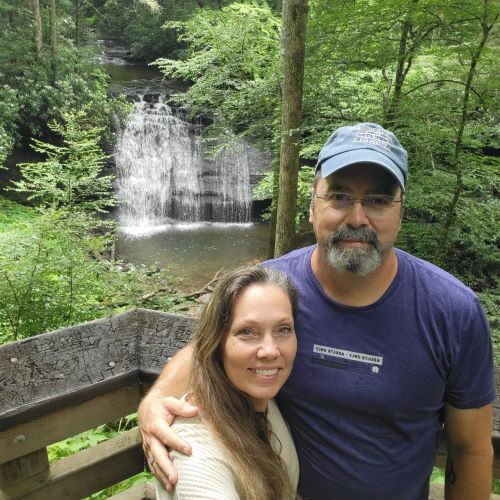Embracing the Power of Learning: A Guide for the 50+ Generation
As we age, it becomes increasingly important to prioritize our cognitive health. One powerful way to do this is by actively engaging our minds through learning. The pursuit of new skills, hobbies, and knowledge not only enriches our lives but also contributes to maintaining and enhancing our brain function. In this article, we will explore the benefits of learning for individuals aged 50 and above and provide practical tips on how to embrace new experiences and expand our horizons.
The Importance of Mental Stimulation:
Many studies have shown that mental stimulation plays a vital role in preventing cognitive decline and promoting brain health. Engaging in learning activities triggers various cognitive processes, such as memory, problem-solving, and creativity. By challenging ourselves to acquire new knowledge and skills, we create a robust neural network and strengthen the connections between brain cells, which can slow down age-related cognitive decline.
Benefits of Learning for the 50+ Generation:
- Cognitive Enhancement: Learning new things stimulates the brain and improves cognitive abilities such as memory, attention, and processing speed. It helps maintain mental acuity and agility, reducing the risk of cognitive disorders like dementia and Alzheimer’s disease.
- Increased Social Interaction: Learning often involves connecting with others who share similar interests. Joining classes or pursuing hobbies can expand your social circle, providing opportunities for meaningful connections and reducing feelings of isolation or loneliness, which can be common in older age.
- Personal Growth and Self-Discovery: Acquiring new skills or knowledge can be a transformative experience. It opens doors to self-discovery, boosts self-confidence, and allows individuals to explore their passions and interests.
- Stress Reduction: Engaging in learning activities can act as a stress reliever. It provides a productive outlet for the mind, diverting attention from daily worries and promoting a sense of fulfillment and accomplishment.
Practical Tips for Embracing Learning:
- Identify Your Interests: Start by reflecting on your passions and interests. What activities or subjects have always intrigued you? Make a list and prioritize the ones you would like to explore further.
- Seek Learning Opportunities: Research local community centers, adult education programs, or online platforms that offer courses or workshops in your areas of interest. Look for courses specifically designed for older adults, as they may offer a supportive and inclusive environment.
- Embrace Technology: Don’t be afraid to embrace technology to enhance your learning journey. Online platforms and educational websites provide a wealth of resources, including tutorials, videos, and interactive courses. Explore virtual classes, webinars, or podcasts that align with your interests.
- Start Small: Begin with manageable learning goals. Instead of overwhelming yourself with a complex subject, break it down into smaller, more digestible parts. This approach allows for a sense of accomplishment as you gradually build your knowledge.
- Engage in Lifelong Hobbies: Rediscover or continue pursuing hobbies that have always fascinated you. Whether it’s painting, playing a musical instrument, gardening, or cooking, these activities offer both mental and emotional fulfillment.
- Join Social Clubs or Meetup Groups: Seek out local clubs or meetup groups centered around shared interests. These communities provide an opportunity to connect with like-minded individuals, fostering a sense of belonging while pursuing new learning experiences together.
- Stay Curious: Cultivate a curious mindset. Ask questions, explore new perspectives, and maintain an open attitude toward learning. Engage in conversations with people from diverse backgrounds to broaden your horizons and challenge your assumptions.
- Stay Active: Physical exercise has been linked to improved cognitive function. Regular physical activity, such as walking, yoga, or dancing, can complement your learning efforts by boosting brain health and overall well-being.
Conclusion:
Age should never be a barrier to pursuing new knowledge and skills. In fact, it is during our later years that we have the wisdom, experience, and time to truly embrace the power of learning. By keeping our minds active and engaged, we can enhance our cognitive abilities, foster personal growth, and find fulfillment in the pursuit of new interests.
Remember, learning is a lifelong journey, and it’s never too late to start. Whether you choose to enroll in a class, explore online resources, join a club, or simply dive into a new hobby, each step you take towards acquiring new knowledge is a step towards a healthier and more fulfilling life.
So, let go of any doubts or fears, and embrace the endless possibilities that learning brings. Challenge yourself, explore your passions, and stay curious. The world is full of wonders waiting to be discovered, and you have the power to unlock them. Take that first step today and embark on a journey of lifelong learning, because the mind knows no boundaries when it comes to growth and exploration.






